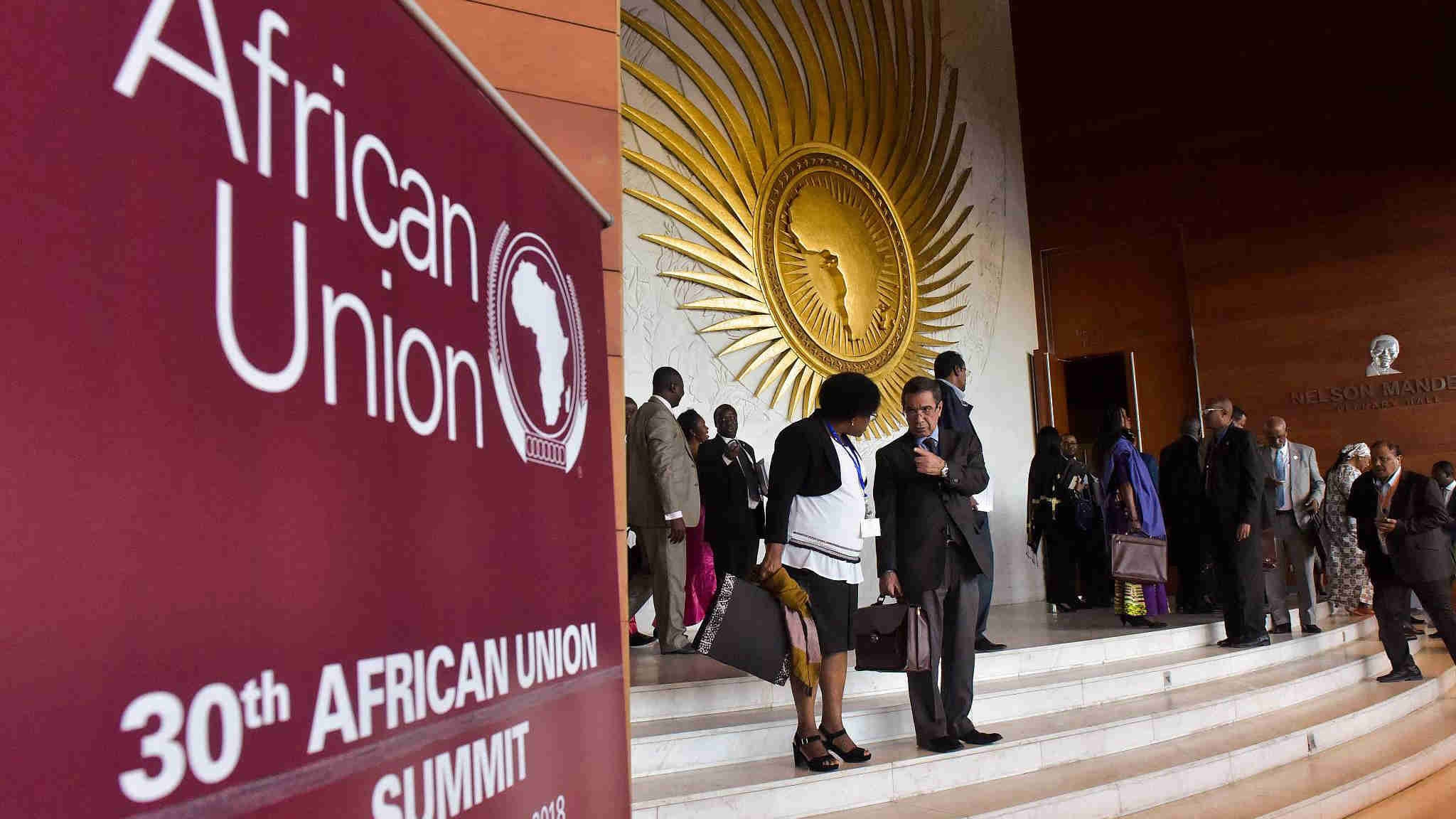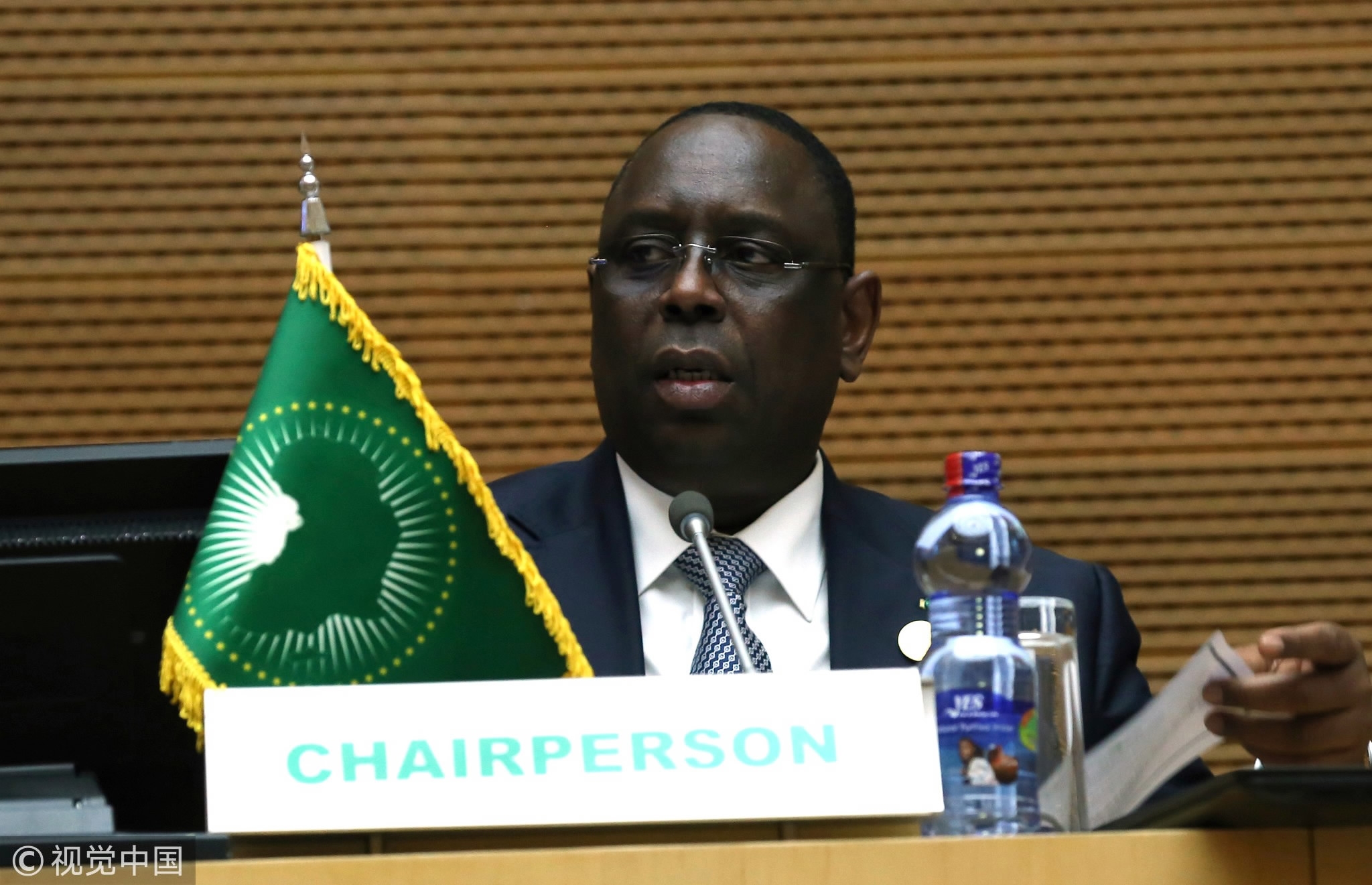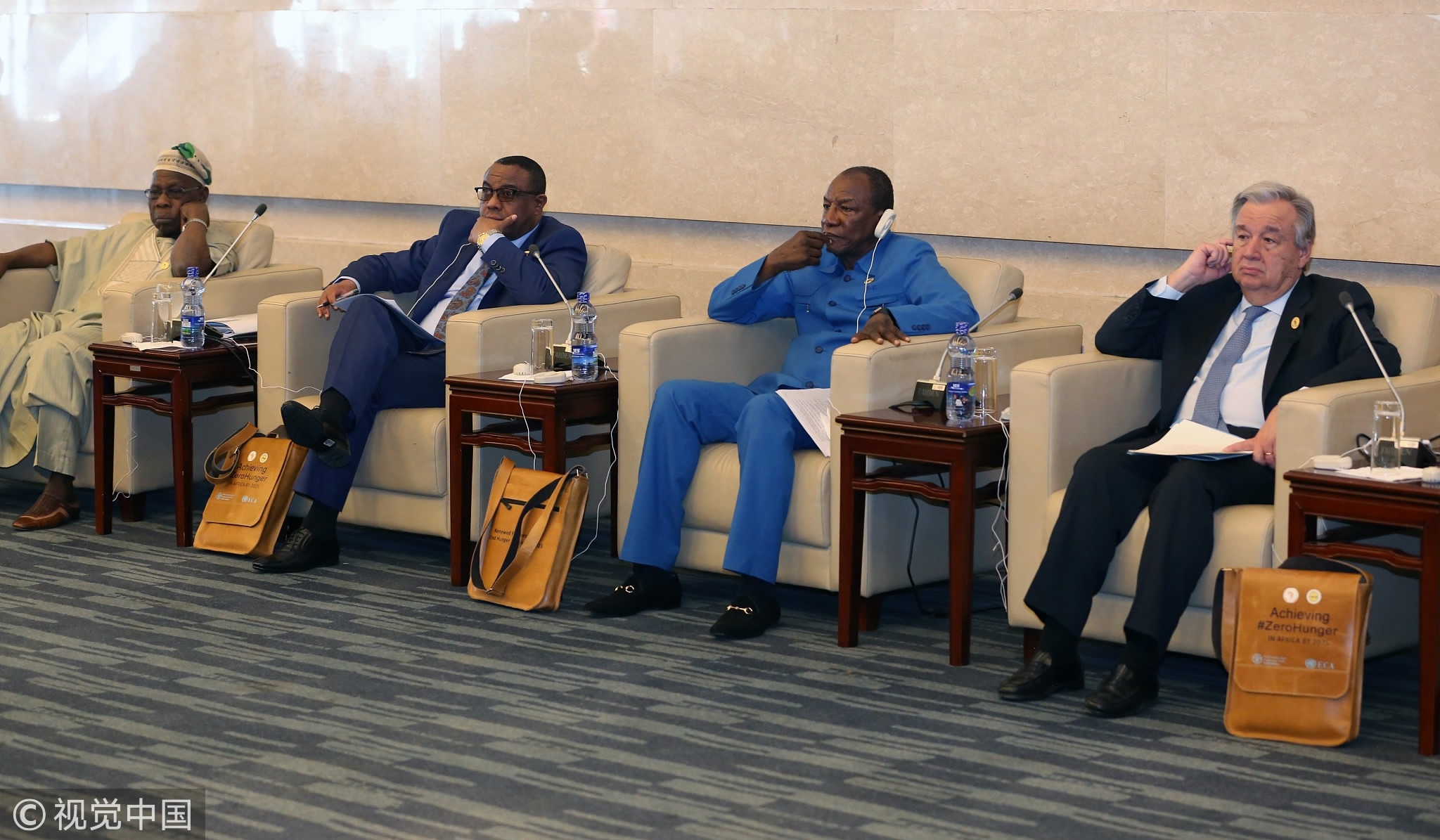
Opinions
17:17, 28-Jan-2018
Opinion: Reforms are the ultimate keys for a rising African continent
Guest commentary by Habibillah Ben Daoud

The word reform, in theory, refers to making changes in something, especially an institution or practice, in order to improve it. However, for these changes to happen, they need insistence, capability and the will of the leadership. At the beginning of the new millennium, African leaders took a landmark decision to transform the Organization of African Unity into the African Union, to meet high expectations and a rising continent.
Sixteen years have passed since the establishment of the African Union, and a lot has been achieved on the political, economic, social, peace and security fronts. These achievements show that African leaders, despite the internal and external environments, can continue, after having the means, the will and the sense of urgency, to fulfill their objectives.
Sixteen years have passed and the African continent is now facing new challenges, and only reforms can help shape the integrity of the Union. It is imperative to put a system of governance that is capable of addressing the challenges facing the Union to confront issues such as climate change, extremism, terrorism, pandemics and mass migration, among others.

President of Senegal Macky Sall attends a session titled "New Partnership for Africa's Development (NEPAD)" during the 30th African Union (AU) Summit in Addis Ababa, Ethiopia, on January 27, 2018. /VCG Photo
President of Senegal Macky Sall attends a session titled "New Partnership for Africa's Development (NEPAD)" during the 30th African Union (AU) Summit in Addis Ababa, Ethiopia, on January 27, 2018. /VCG Photo
Previous studies on the African Union’s organs and institutions, including the 2007 Adedeji Report and the 2016 Mekele Report, have identified the Union’s shortcomings, which beg for substantial reforms. Of these shortcomings are the constant failure to see through African Union decisions which has resulted in an implementation crisis; a perception of limited relevance to African citizens; a fragmented organization with a multitude of focus areas; over-dependence on partner funding; limited managerial capacity; lack of accountability for performance at all levels; unclear division of labor between the African Union Commission, Regional Economic Communities (RECs), other Regional Mechanisms (RMs), and member states.
These problems aren’t based on lack of ideas, visions, priorities and resources within the African Union. Outsiders cannot also be blamed for internal matters. Ultimately, reforms are to be planned and implemented within a short-term, medium-term and long-term, and they must start and end with the leaders, who must set the right expectations and tempo.
The current reforms, spearheaded by Rwandan President Paul Kagame, are putting the AU's focus on four key areas: peace and security; political affairs; establishment of a continental free trade area; and voice and representation in global affairs.

President of Guinea Alpha Conde (2 R), United Nations Secretary General Antonio Guterres (R), former Nigerian President Olusegun Obasanjo (L) and Prime Minister of Ethiopia Hailemeriam Desalegn (2 L) participate in the panel on "Ending Hunger in Africa" during the 30th African Union (AU) Summit in Addis Ababa, Ethiopia on January 27, 2018. /VCG Photo
President of Guinea Alpha Conde (2 R), United Nations Secretary General Antonio Guterres (R), former Nigerian President Olusegun Obasanjo (L) and Prime Minister of Ethiopia Hailemeriam Desalegn (2 L) participate in the panel on "Ending Hunger in Africa" during the 30th African Union (AU) Summit in Addis Ababa, Ethiopia on January 27, 2018. /VCG Photo
Peace and security are part of the Agenda of the African Union. Reform is needed because of the heavy reliance on external donors, which creates tensions of ownership. In 2012, when the AU was at its dependence peak, member states funded just three percent of the programmatic budget. By 2017, this had increased to 14 percent, still well short of member states’ July 2015 commitment to finance 75 percent of the AU’s programs by 2020, plus 25 percent of its peace and security activities and all of its spending on operational and administrative costs. Extra resources are to be raised through a 0.2-percent levy on "all eligible" goods imported to the continent under a plan drawn up by Donald Kaberuka, the AU High Representative for the Peace Fund.
In the domain of political affairs, there is a need to strengthen coordination, coherence and cooperation among AU organs, institutions and Regional Economic Communities with a formal mandate in the areas of democracy, governance and human rights among others.
On continental free trade area issues, the African Union needs to resolve the challenges of multiple and overlapping memberships and expedite the regional and continental integration processes. It is also important to expand intra-African trade through better harmonization and coordination of trade liberalization and facilitation regimes and instruments across the Regional Economic Communities and Africa in general.
Global governance matters to the African continent. Decisions that have been made by world powers have direct consequences on African people. The 2008 world economic crisis exposed such concerns. The crisis had negative repercussions on African economies — e.g., currency volatility, reduced flows of private capital to Africa, decreasing commodity prices. If Africa continues to be at the periphery of global governance, the outcome will impact its economic stability and the well-being of the African people. Thus, Africa should seek to increase its voice and influence in global governance, especially by requiring a more inclusive framework to address world problems.
To continue to defer necessary reforms implicitly means to do nothing, thus to give up on African people and Africa’s ideals, which are culture identity, common heritage, tolerance, and thus to accept putting Africa in a subordinate place in the community of nations as natural.
(Habibillah Ben Daoud is a student from the Comoros and former President of the African Student Association at Peking University. He is currently pursuing his doctoral degree of International Politics at the School of International Studies at Peking University. He has been a guest on Dialogue with Yang Rui on CGTN. The article reflects the author's opinion, and not necessarily the view of CGTN.)

SITEMAP
Copyright © 2018 CGTN. Beijing ICP prepared NO.16065310-3
Copyright © 2018 CGTN. Beijing ICP prepared NO.16065310-3